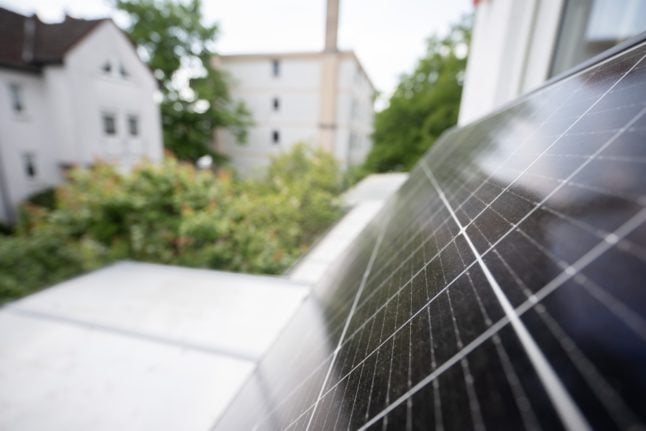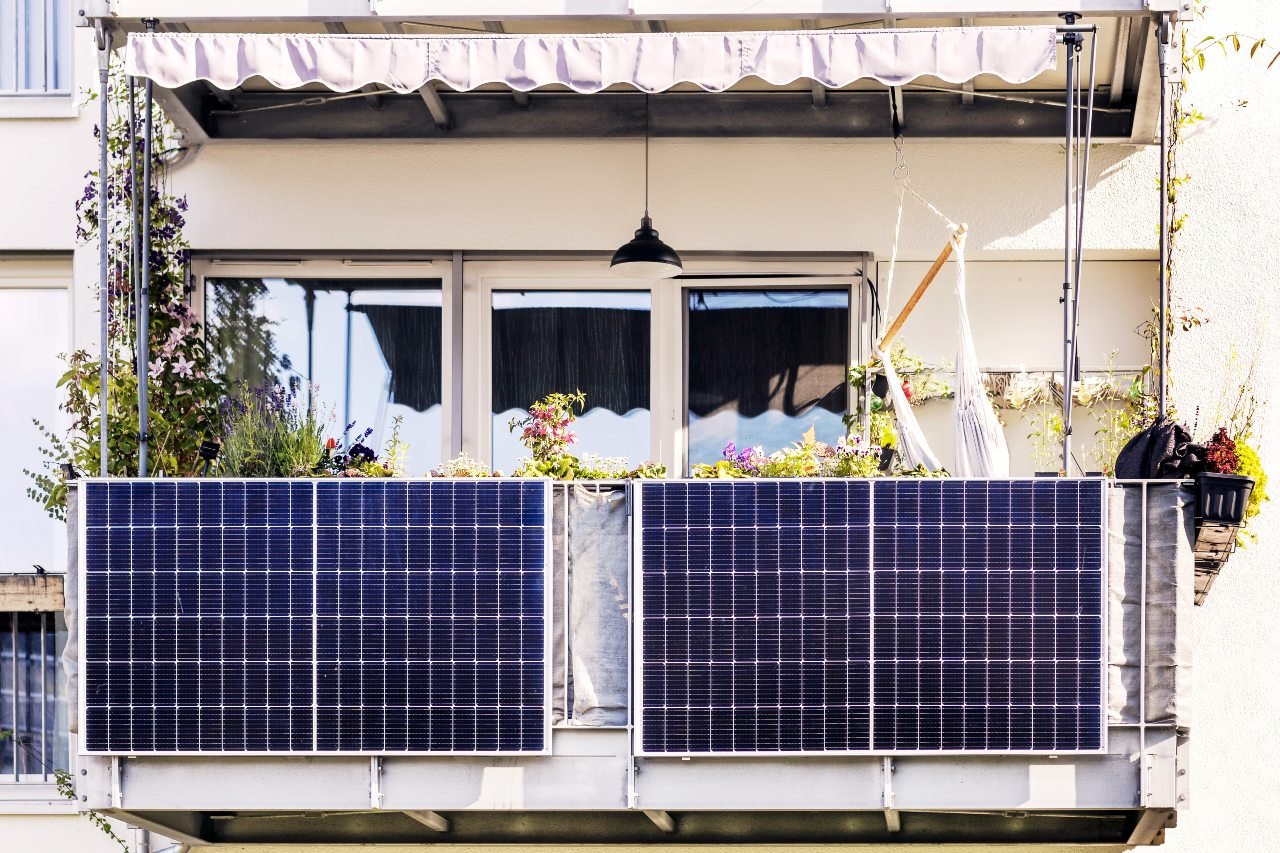The DAX rose 0.2 percent and surpassed the 18,000 point mark for the first time. The index climbed to 18,001.42 points minutes after the Frankfurt Stock Exchange opened.
The DAX, which is made up of the top 40 large German corporations including Daimler and BMW, continues to build despite a wavering German economy. Some analysts say positive inflation indicators in the US and the eurozone contributed to the rally.
But how can you get a piece of the pie? Here’s what to know about investing in Germany before you shell out your hard earned cash.
Can foreigners invest in Germany?
Yes, but US citizens may face some limitations. International banks must report to the IRS when serving Americans, so several German banks do not offer investment services to this population. If you are a US citizen interested in investing in Germany, you should speak with an expert or financial advisor about your options.
In Germany, the main fund managers that offer index funds include the Allianz Global Investors, Deutsche Bank, iShares, and Vanguard.
How can I invest in Germany?
Germany offers residents several different investment options including:
- Securities (e.g., Stocks, ETFs, Bonds)
- Real estate
- Gold
- Crypto
Each of these options carry different levels of risk. Interactive Brokers, Trade Republic, Saxo Bank, eToro, and Lightyear are some of the popular online brokerage account providers operating in Germany. These accounts allow you to invest in index funds. Traditional banks like ING and Commerzbank also offer some expats securities accounts where stocks and other investments can be purchased.
READ ALSO: What to know about cryptocurrency in Germany
What is an index fund?
An index fund is either a mutual fund or an exchange-traded fund (ETF) that invests in a mix of stocks, bonds and other securities. Index funds are grouped to mirror regional markets or capture the growth of an industry like tech or oil.
Index funds are considered a safer and more passive way of investing because they are intended to mimic the performance of a financial market index.
What are some of the biggest index funds in Germany?
There are four indices available to invest in the German stock market. The DAX tracks the 40 largest German blue chip companies including Adidas, Deutsche Bank, and Zalando. This index grew more than 26 percent over the last three years.

The FTSE Germany All Cap follows a mix of large, medium and small sized companies based in Germany. The performance of companies like Siemens, Deutsche Telekom, and Mercedes play a role in this fund’s performance. This index fund grew 15.04 percent in the same period.
The F.A.Z. tracks the 100 largest German stock corporations across 12 industries. Companies like Hugo Boss, Bayer, and Lufthansa are included in this index fund which rose 13.25 percent over the last three years.
The Solactive Germany 30 follows the performance of the country’s largest 30 companies including Porsche, BioNTech, and DHL. The index rose nearly 22 percent in a three year period.
How are index funds taxed in Germany?
All investment income (capital gains and dividends) is subject to a flat tax in Germany. The tax rate is 25 percent plus the church tax and solidarity surcharge (5.5 percent). Without the church tax the effective tax rate on gains is 26.375 percent. When the church tax is included, the effective tax rate rises to 27.82 percent for Bavaria/Baden-Württemberg and 27.99 percent everywhere else.
While the Solidarity Tax no longer applies to the majority of German taxpayers who make below €73,000 as singles or €151,000 for married couples, it still applies to all capital gains, regardless of the amount.
The German government also offers a tax-free allowance for investment gains. Up to €801 when single or €1,602 when married is tax free.
READ ALSO: What you should know about investing in Germany
Can you invest in foreign index funds in Germany?
Yes, but don’t forget to keep track of how much taxes you may owe if you invest abroad. When investing in Germany, banks automatically deduct the tax to pay to the authorities.
But expat investors must keep track of profit gained from foreign banks and exchanges because the tax is not automatically deducted by banks not affiliated with the German tax authorities. The taxation rate remains the same for capital gains from foreign index funds.
As with all of our financial and tax summaries, this is a guide only. For financial advice which is personalised to your situation, please contact an accountant or other specialist.




 Please whitelist us to continue reading.
Please whitelist us to continue reading.
Hi – I believe the tax free allowance for capital gains was raised to 1000 EUR from 801 EUR for singles.